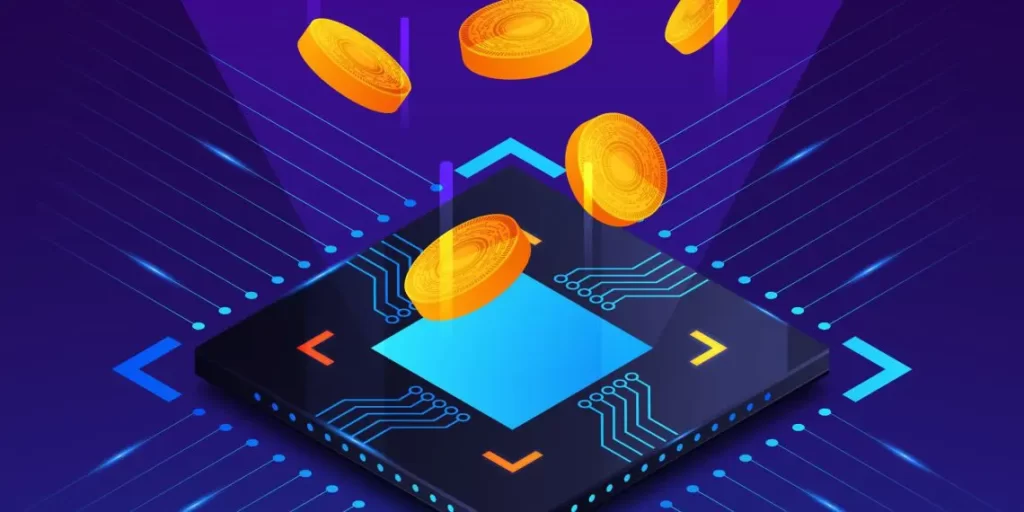
JPMorgan Chase’s digital token, JPM Coin, is currently processing $1 billion in transactions daily, and the financial giant is planning on making the currency more widely available.
Bloomberg, which first reported on this, recently sat down with Takis Georgakopoulos, JPMorgan’s Global Head of Payments.
“What we do with JPM Coin is the institutional side of that solution,” Georgakopoulos said in the interview with Bloomberg TV. “Working in a permissioned environment with companies that are trusted and trust each other so that way they can move money within their ecosystem 24 by seven.”
Georgakopoulos went on to discuss three major inefficiencies that exist within the payments space. The first one being speed and the fact that there is a delay in making payments, particularly when it comes to making cross-border payments. Secondly, money and information tend to move separately, making it difficult to track and reconcile. Finally, he pointed out that money is fungible, whereas activities are not—and the JPM Coin is a solution to these problems.
Are Stablecoins the Answer to Crypto?
Cryptocurrencies have weathered plenty of storms since they were first introduced in 2009 with the launch of Bitcoin. Since then, not much has changed with its inherent volatility, high energy consumption, and its use for criminal operations. While JPMorgan is seeing much success, there are still organizations that are on the fence about launching their own digital currency.
Stablecoins have grown in popularity for being the antithesis of crypto. As their name implies, stablecoins are a type of cryptocurrency that is tied to another asset, which contributes to its stability. Stablecoins have more stability since fiat currencies are less likely to face the extreme volatility that crypto faces.
In his report, Building a Better Stablecoin, Joel Hugentobler, Cryptocurrency Analyst at Javelin Strategy & Research, delves into defining what stablecoins are, their solid use cases, and what issuers can do to build a better stablecoin.
Although regulators are also keeping an eye on stablecoins and looking to enforce consumer protection, the future of stablecoins as an alternative digital asset looks promising when it comes to transacting with digital assets.





























